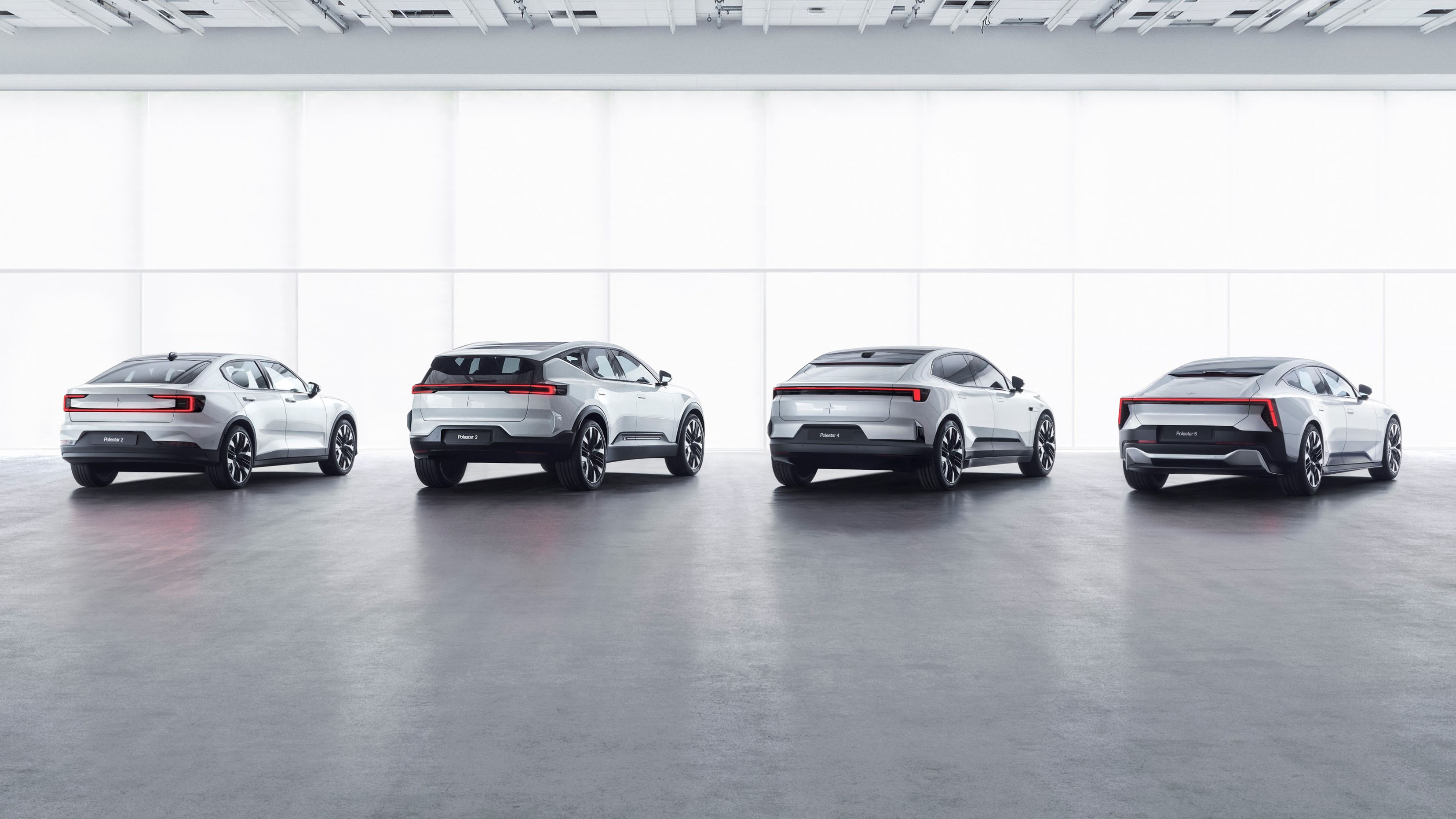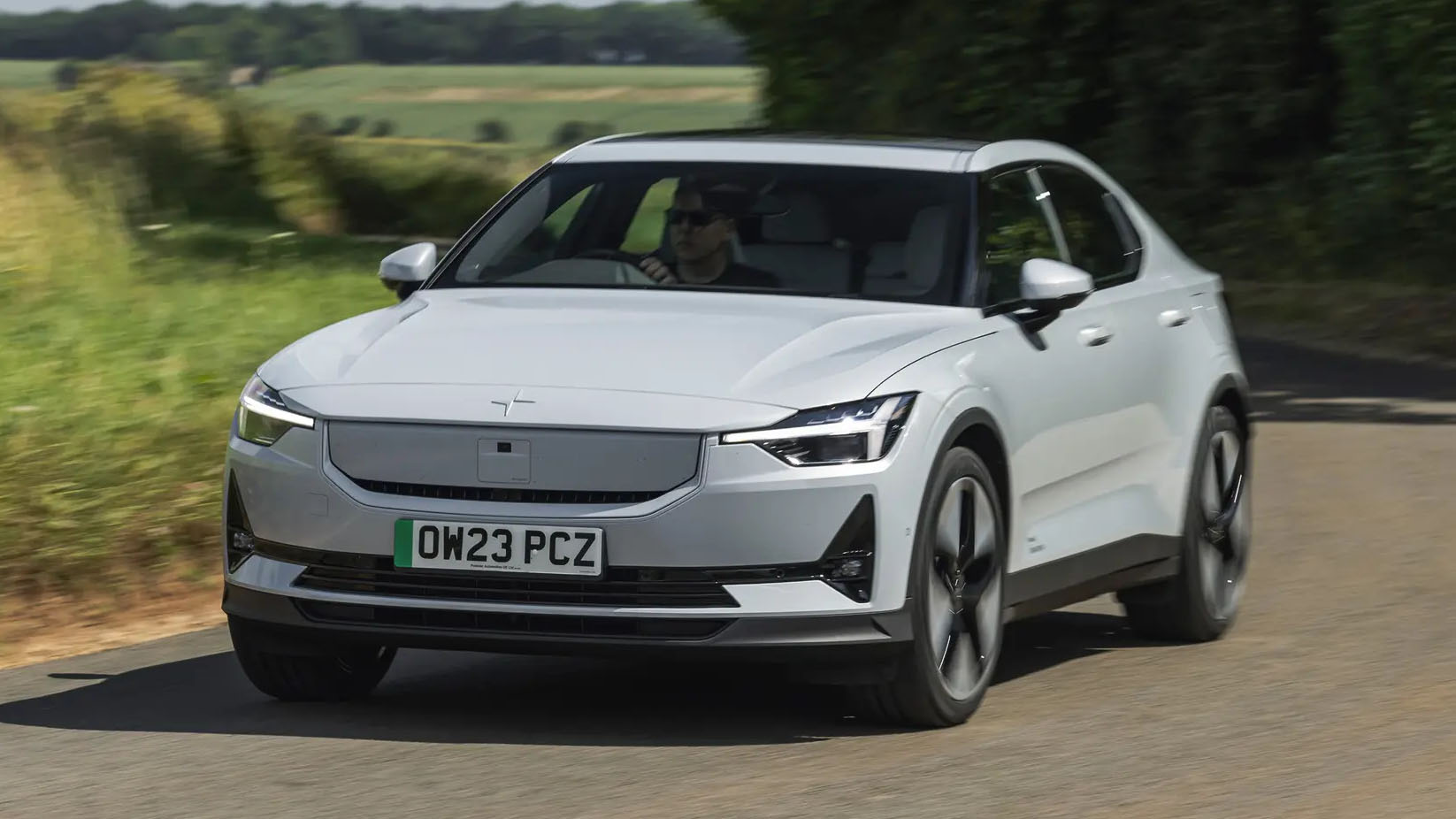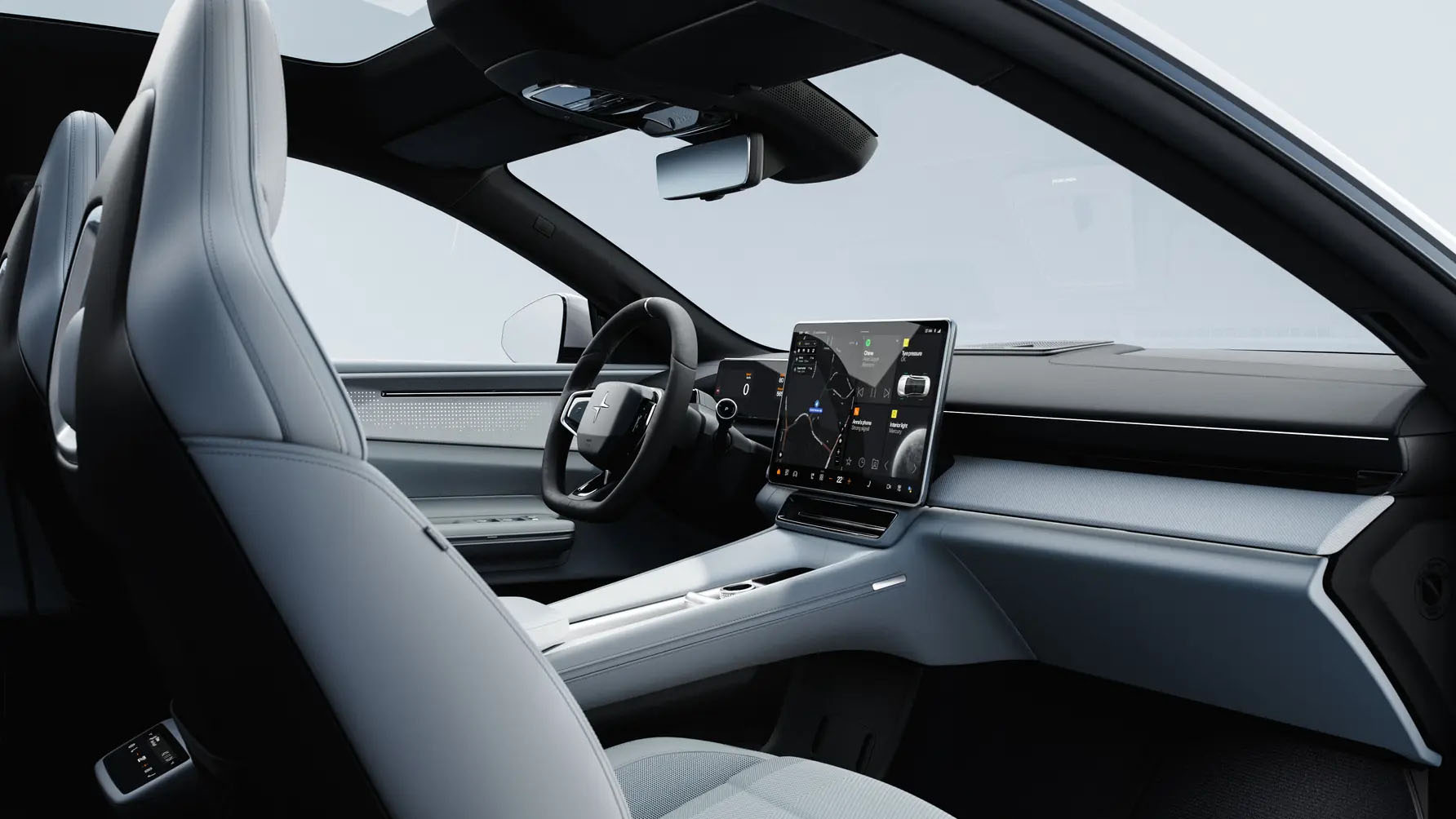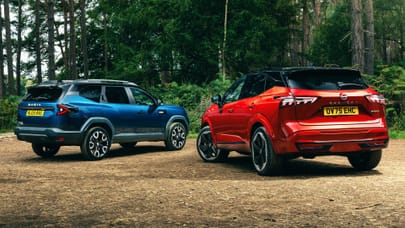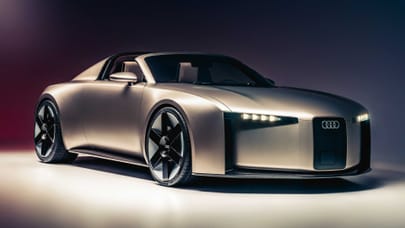
Opinion: investors are getting cold feet over electric cars, and here's why
Volvo announces it'll no longer fund Polestar, but there's a wider story at play here...
The world's investors are getting cold feet about electric car making. Last week Volvo announced it will no longer be funding Polestar, and Volvo's shares rallied on the news. A few days earlier, Renault announced it wouldn't be floating shares in its EV development and manufacturing arm Ampere because the valuation looks to be below its hopes. Volkswagen has also delayed a float of its battery manufacturing arm. Tesla shares have lost 30 per cent of their value this year.
So what's going on? Every case is different, but in general the world's stock markets have been spooked by slower growth in EVs than hoped. And the markets are notoriously attached to the quick buck – you always saw that when there were only ICE cars.
But investors also react to political events. If Donald Trump takes the White House next year, one of his first targets will be the swathe of carbon-reduction acts introduced under Joe Biden. EV growth would stall.
The opposite continues to happen in China, where government support means Chinese EV makers are dominating the home market. That means those cars come to Europe in large numbers at low prices. Which scares the wits out of the European manufacturers and their shareholders. They're appealing to the EU to erect trade barriers until they can get costs down themselves.
Economics don't help either. High global interest rates are a major barrier to all car sales. But EVs, being generally dearer than pure-petrol, are especially sensitive to monthly repayments.
Where politicians give subsidies, sales do well, and high sales mean cost to manufacture, and hence prices, will reduce to the point where those bungs are no longer needed for the sales. But that has all been happening rather patchily in many places worldwide.
Against this backdrop, each of the carmakers in the news has different issues.
Despite the flurry of new upcoming models, Polestar has had a rocky start in actually selling its one mass-made model so far, the 2, especially in China. There's lots of competition, so Polestar claims to be chasing profit not volume. A line commonly taken by manufacturers who have trouble selling cars.
So Volvo will stop putting money into Polestar, while continuing technical co-operation. Polestar went public in 2022 (and Volvo holding 48 per cent), but shares have fallen badly. Geely has major stakes in both Volvo and Polestar, and says it will continue supporting both. Meanwhile Volvo says its own margins on EVs are increasingly healthy at 13 per cent. Polestar's are two per cent.
Tesla has refused to predict sales numbers for the Cybertruck, which is expensive and hard to build, and Elon Musk doesn't predict another growth phase until the new small car appears. But he won't say when that'll be, adding only that an earlier prediction of late-2025 was optimistic. He said they are "very far along" with it, but there's clearly a lot to do. "This is going to be profound, not just in the design of the vehicle itself, but in the design of the manufacturing system."
Top Gear
Newsletter
Thank you for subscribing to our newsletter. Look out for your regular round-up of news, reviews and offers in your inbox.
Get all the latest news, reviews and exclusives, direct to your inbox.
Meanwhile the price war started by Tesla doesn't seem to have grown Model 3 or Model Y sales very much.
Perhaps no surprise then that stock markets have little taste for Renault's electric-platform development and manufacturing division, Ampere. Renault claims the overall company is healthy enough not to need the cash a share offer would have brought, so cancelled it. The trick is to make EVs at low cost, and by the end of this year, the new 5 will make it clear whether or not they can.
That's one trick all EV makers will have to pull off before investors pile back in.
Trending this week
- Car Review
BMW iX3




